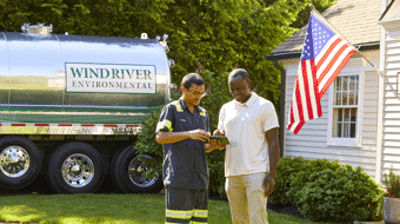With springtime comes sunshine—and on the flipside, heavy rain. While it’s a relief from months of winter precipitation, rainstorms can still cause issues for your home, especially when it comes to plumbing. From clogs to debris, learn the most common consequences of heavy rain and how to prevent and remedy them.
Debris Debrief
When heavy rains fall, the running water has a tendency to sweep away debris like branches, leaves, and even trash. (So that’s where your dog’s old chew toy went…) In aggregate, they can amass in your plumbing, creating clogs. If you experience slow drainage after a big storm, it’s advisable to call one of our plumbers to clean the drains, alleviating pressure on your pipes and ensuring a smooth flow once again.
Storm Drain Pain
Preparation is key to avoiding common issues after heavy rains, like clogged storm drains. When doable, make sure storm drains, gutters, and downspouts are free of debris and in working condition before the rain begins.
Gutters and downspouts in particular are critical for proper flow and drainage of excess water; water that isn’t diverted to storm drains can flood and even damage your home’s foundation. Clearing away any obstacles in advance will better enable your system to handle the deluge.
Waterlogged Lawns
While a healthy watering can sustain your lawn, excessive moisture from heavy rains can oversaturate the soil, causing it to shift, which reduces the ground support your pipes need to stay in place. Further, more destructive elements like rocks can move with the shifting ground, possibly damaging pipes. The resulting cracks in the pipes can fill with dirt and other debris, leading to clogs and obstructions.
And if you have a septic system, you have an extra factor to consider. The excess water can flood the drainfield, throttling your system from properly draining and causing hazardous backups. If your ground remains oversaturated even after the rain disperses, an inspection is advised.
Sump Pump It Up
If your home has a basement, another crucial tool in your water-management arsenal is a sump pump. When water enters the crock of a basement, the excessive water engages the sump pump, prompting it to pump the water out of the zone and off to an outside drain. Checking your sump pump yearly—and having it repaired or replaced if needed—can reduce the chances of damage, especially when tackled before the heavy rain hits.
If you still have questions or would like to schedule an appointment, feel free to call us at 1-888-650-0595 or schedule a booking here.


.2504171222540.png)


